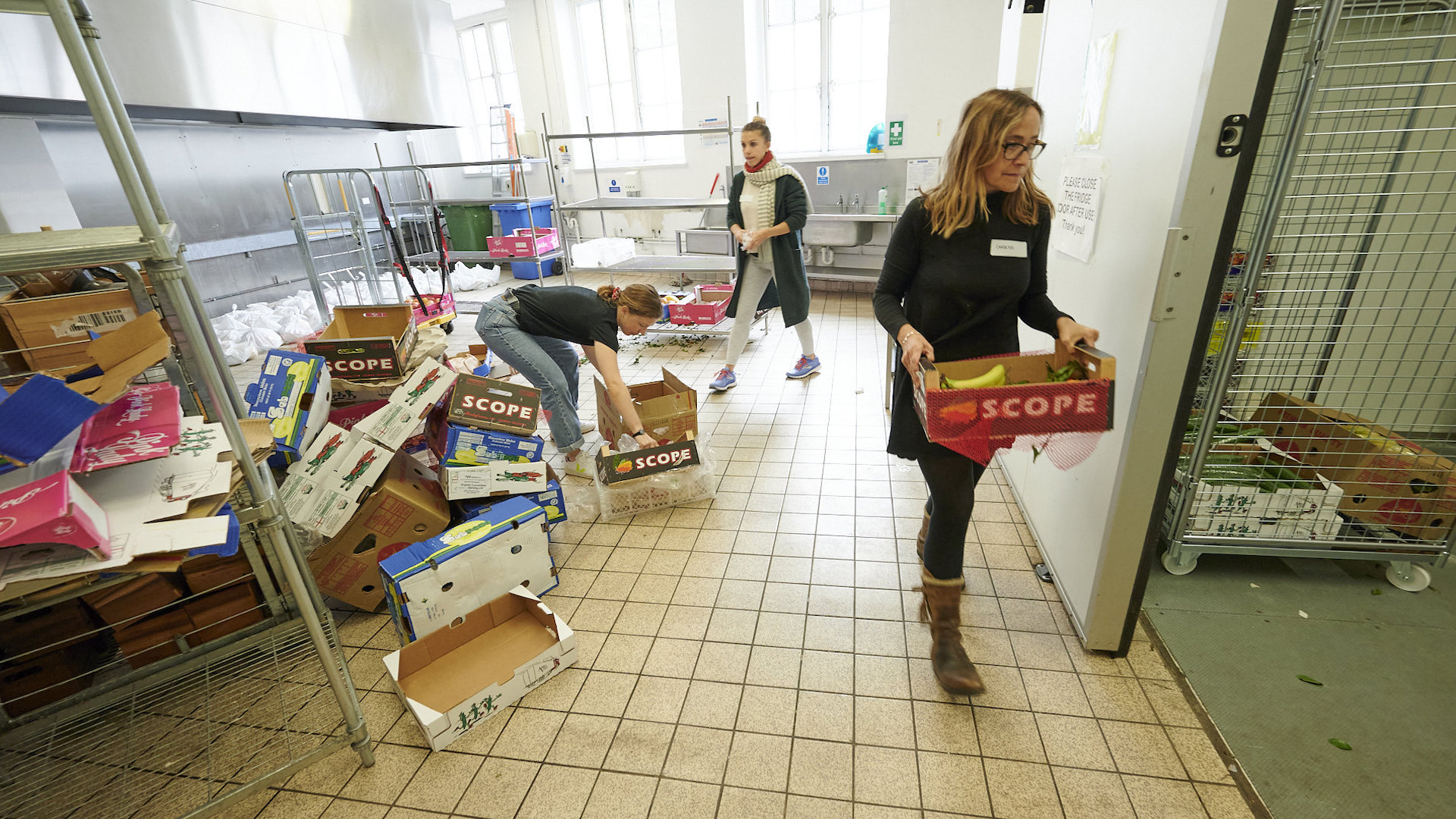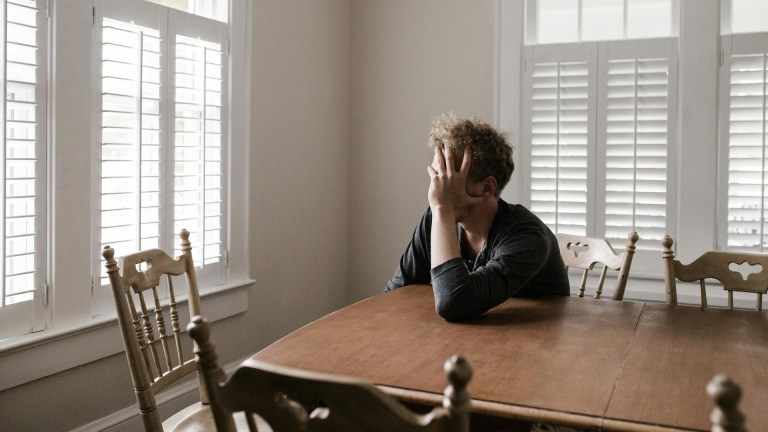Children are eligible for free school meals if their household’s income is below £7,400 or if they receive certain state benefits. Campaigners have warned free school meals eligibility was already too strict, and Child Poverty Action Group research showed two in five children living in poverty prior to the pandemic were not eligible for the free lunches.
It means thousands of children lose a guaranteed meal five days a week as families in poverty reckon with the sudden increase in their weekly food spend.
The government funded food parcels and supermarket vouchers for eligible families last summer, but this year chose to give £220m exclusively to holiday and activity clubs, despite calls from Labour to “trust parents” and give them cash payments. The ring-fenced funding is enough to cover four hours a day, four hours a week, for four weeks of the summer holiday for each child already on free school meals.
Before the pandemic, around 80 per cent of people seeking help from the Micah food bank were refugees or asylum seekers, O’Brien said. But as Covid-19 has continued to hit jobs and household finances, the number of locals in need of food as a result of struggling with debt and slashed incomes has roughly doubled.
Now, the proportion of families turning out for food aid since schools closed has increased enough that food bank volunteers have started setting aside space for buggies and prams to be parked. Planned work on the premises, such as changes to the storeroom, have been pushed back to September so the food bank can “get through the summer” before preparing for the Christmas push, when schools close again.
“A lot of the time it’s single men who use the food bank,” O’Brien said. “But during the summertime we’re seeing a lot more families — it’s consistent enough that we adjust what we put in our food parcels day to day — sometimes families of up to seven or eight people who have basically no income. It sends our numbers clear.
“We have to get through these six weeks and then see where we are. It’s going to be hectic.”
The Micah team is hoping for a drop in demand when schools return, driven partly by support services such as Citizens Advice bureaus and jobcentres returning to face-to-face appointments, but is not expecting numbers to decrease to the pre-pandemic norm of around 220 parcels per week.
“I’m more hopeful that our peers and our partners will take the pressure off food banks, more so than anything the government will do,” O’Brien said.
The executive director pointed to the £20-per-week universal credit cut, expected at the end of September, and the no recourse to public funds policy locking asylum seekers out of state support as factors likely to keep piling pressure on food aid services while impacting the mental wellbeing of families in need of emergency food parcels.
“We know that the people who felt the pinch during the pandemic are the people who were already on the lowest incomes,” O’Brien said. “I don’t think that’s necessarily been recognised by the higher ups in the government.
“I personally think it has been recognised locally, though. The local response in Liverpool has been really good, especially from our MPs.” Ian Byrne, MP for Liverpool West Derby, has been driving the Right to Food campaign to place a legal duty on central government to ensure no one in the UK goes hungry.
But emergency food parcels won’t necessarily stop the health of people in poverty from suffering, O’Brien warned.
“We try our best to make the food parcels nutritious as possible, lots of fresh fruit and veg and things like that. But if you’ve got young families, you’ve got children, or you’re a pregnant mother, a food parcel isn’t going to be as nutritious as if you could afford the food that meets your specific needs.
“So if anyones goes, ‘as long as they get a food parcel, they’re okay’, well – they’re better than they were, but it doesn’t fix the problem.
“If you’ve got a toddler, and you’re having to use food banks for a few months to a year, so 50 per cent of that child’s life, they might not be getting the nutrition that they necessarily need. So it’s not it’s not a good thing and it’s not a positive.”









